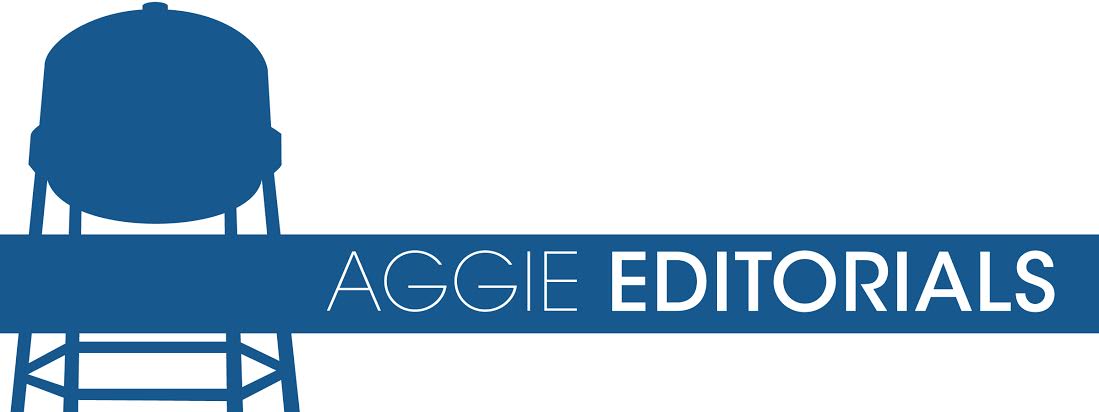
Winter months pose increased challenges to at-risk population
Especially during the winter months, near-constant cold and wet conditions can be a health hazard, not to mention an extremely uncomfortable experience for those who cannot find shelter.
Over 130 homeless people lived in the City of Davis in 2015, according to a survey conducted over a single night that year. That number could very well be much higher, since it did not take into account those who might have found temporary housing for the night. According to The Davis Enterprise, the city allocates nearly $200,000 annually in total funding to programs like Davis Community Meals, Empower Yolo and the Interfaith Rotating Winter Shelter (IRWS).
The IRWS operates from late November to mid-March and is a predominantly volunteer-based organization that accepts anyone in need. The IRWS is only available until March 11, when it closes for the season, and it is crucial that resources and shelter remain available for homeless individuals.
The Editorial Board encourages readers to ensure that the treatment of homeless people does not stray towards the denigration of an at-risk population within the community.
In a recent city council meeting, Davis city leaders addressed the issue of panhandling. Although sit-and-lie ordinances have not been implemented in the City of Davis and were determined to be too severe of a reaction, the council discussed possible restrictions and solutions.
Panhandling is often the only reliable source of income for homeless individuals, and rejecting it outright would not incentivize panhandlers to leave the city, but would instead affect the conditions in which they live by criminalizing their actions. Davis officials must work to find solutions to address the problem of homelessness by providing ample resources to assist this population.
The Editorial Board urges the Davis community to get more involved by reaching out and supporting those who are facing hard times and severe housing insecurity.
Davis Community Meals offers a daily shelter from 8 a.m. to 4 p.m. Monday through Friday at 1111 H Street, which provides additional resources like showers, laundry services, counseling, internet access and more. The organization supplies hundreds of meals every month to those in need and runs a transitional housing program as well. To learn more about ways to help, readers may consider visiting daviscommunitymeals.org or calling (530) 753-9204.
Community members can also get involved with Homeless Outreach through Prevention and Education at Davis, or HOPE, an on-campus organization that strives to provide skills to homeless people and low-income individuals in the Davis area.
If nothing else, this Editorial Board urges readers to reach out, provide a hot meal or simply ask if a homeless individual has a place to stay for the night. Break the stigma — there’s always something to be done. No effort is too small to make someone’s day a little better.



